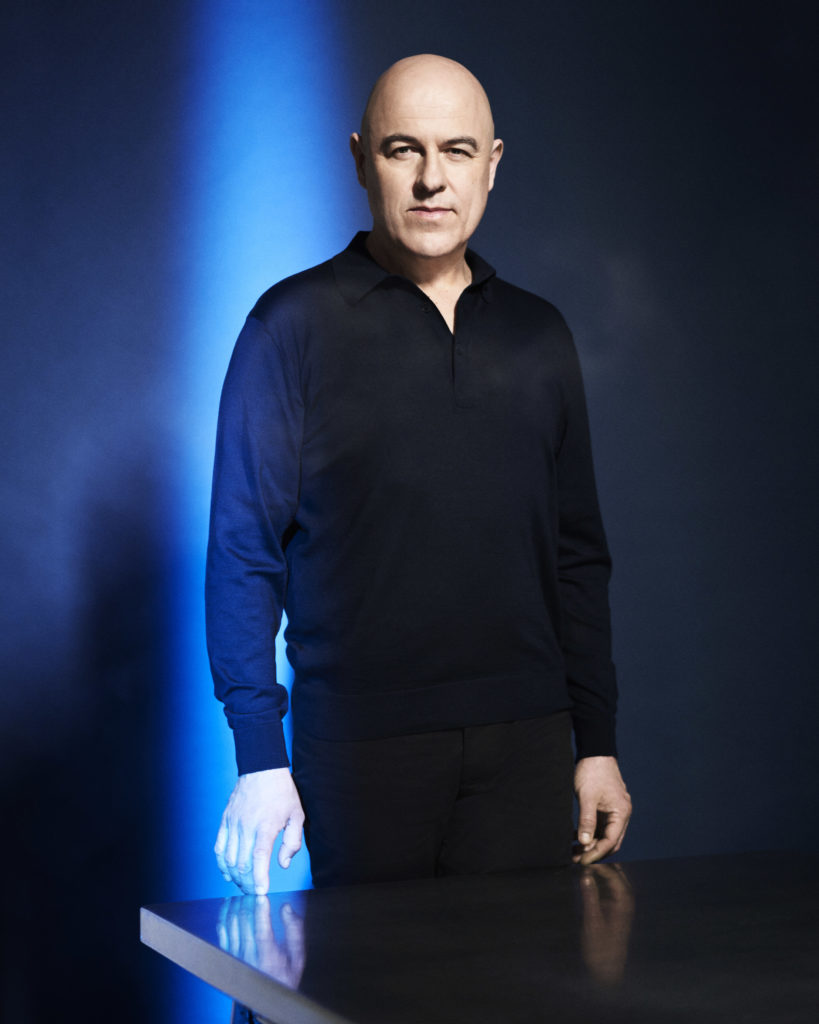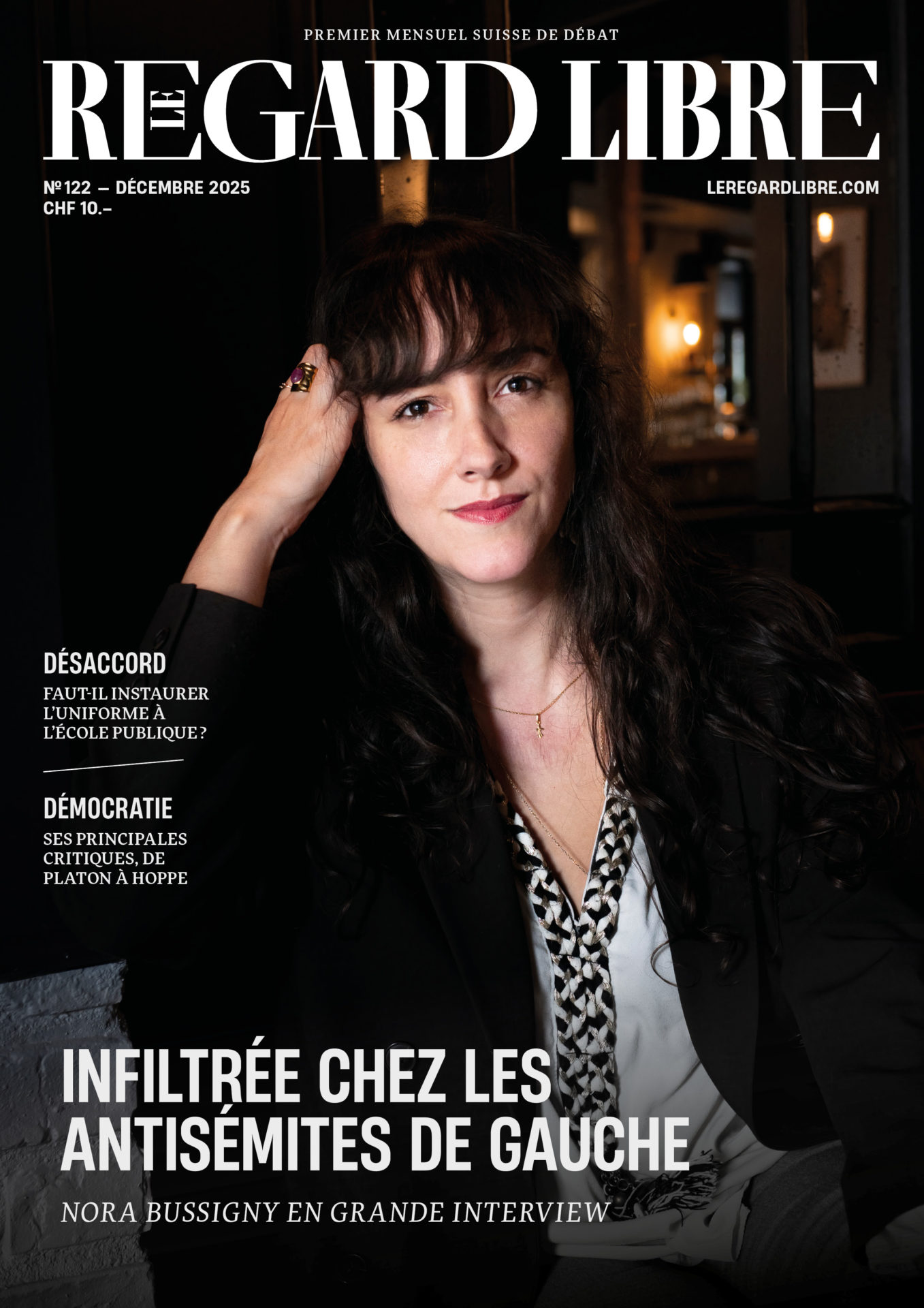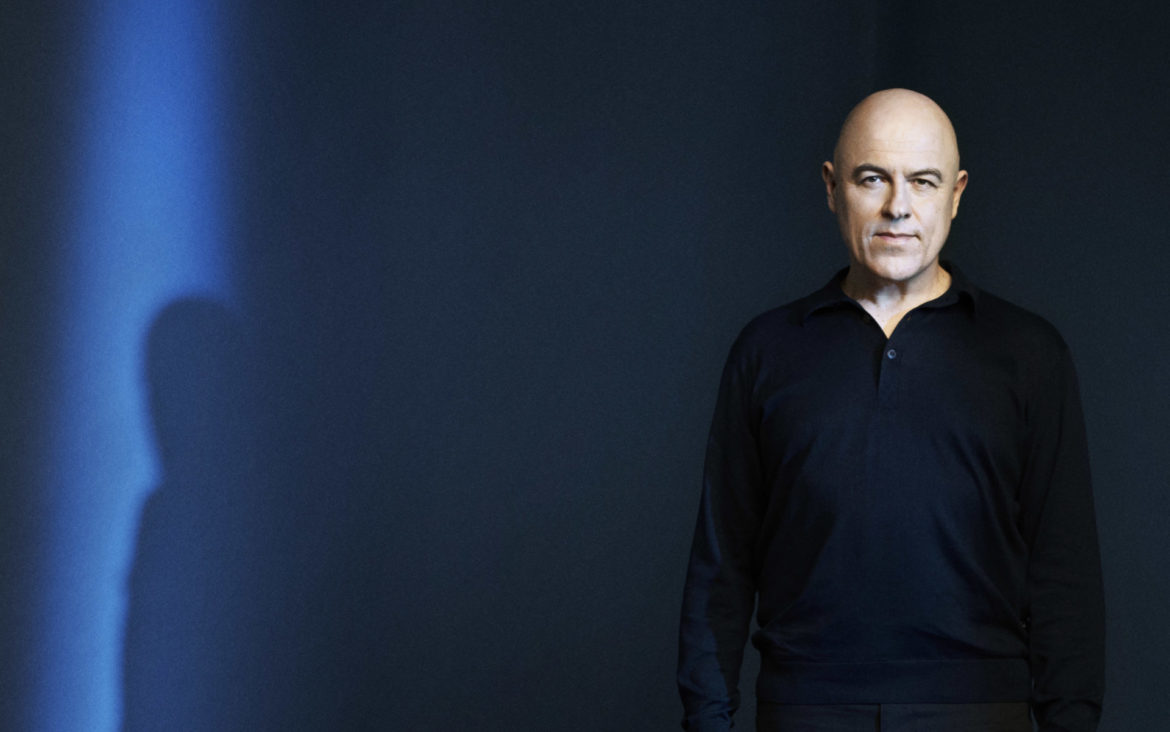He has lent his pen to some of the world's greatest names (Alain Bashung, Etienne Daho, Calogero) and released his fourteenth album last year. Before playing at Les Docks this Friday, October 13, accompanied by H-Burns, singer-songwriter Dominique A picked up the phone.
Le Regard LibreWhat do you think of the label «literary singer» that is sometimes applied to you??
Dominique A: I've been looking for it! (Laughter) I don't think much of it, actually. The first time I heard the term «literary singer» used was for Lou Reed, so I'm okay with that. After that, once you've read three books and talked about them, you're identified as a literary singer. It's like saying «intellectual singer»... I'm delighted to be identified as a human being with neurons. It corresponds to a reality: I'm a literary buff, I write books from time to time. The only drawback is that it puts the work on music in quotation marks. But that doesn't bother me that much.
You have writes several times for d’autrartists. How do these collaborations work?
It depends on the case. Often, they're proposals that are made to me. Writing lyrics is more for variety singers in general. I like the exercise. There's a real need for me to put myself in brackets, to respond to the wishes of the person who's going to interpret the words and sing them. I try to be as close as possible to what I think that person is artistically, by adding my own little salt. It's a little challenge that I enjoy. There are collaborations like with H. Burns [editor's note: with whom he played at Les Docks in Lausanne after this interview].. He comes to me and offers to co-write a piece of music that already exists with a given subject. In this case, a meeting takes place.
And there are cases wherewhere you simply take care of the interpretation.
Yes, and it's true that I rather like the idea of being called in solely as an interpreter: the song is hand-stitched and all I have to do is put my voice to it. I'm bound to bring back a way of doing things, some harmonies, some melodic ideas, without upsetting the musical decor. It's quite pleasant to be confined to a single role, whether that's writing the lyrics or simply interpreting someone else's song. The scenarios are very different. They allow me to navigate from one mode of operation to another. I learn from them for my own practice. It gives me ideas, or it reinforces the idea that I shouldn't go in a certain direction. It's always positive.

A direction that’il to your own titles?
It's a trial run, and then I say to myself, well, that's not necessarily what I'm going to go for next. If I'm working on a song that's very catchy, I'm not necessarily going to feel that, even if I like the result, this is what I want to do, and vice-versa. In other words, at a given time, I can tend towards relatively accessible songs where I try to stick to a couplet-chorus-bridge structure, and then realize that I really want to do that. It also depends on what I'm listening to when I'm composing, and the records I'm listening to at the time.
Read also | Christophe: «I do sound research».»
Listening to your latest album, The real world (2022), we get the feeling you're staging from a position of world observer.
I'm not going to be candid about it. I hear a lot about this observer position. It's not something I intend to cultivate or something I saw coming. The tone of the songs and their subject matter went a bit beyond me. As I went along, I realized that I had this way of looking at things, and that there was indeed a risk of suggesting that there was something overhanging behind it all. I hope that's not the case. As soon as the text worked well with the music, I didn't want to ask myself any more questions.
How do you get the lyrics to fit the music?
It's always very difficult. As long as it works, I put aside a bit how it's going to be interpreted...at the risk of misinterpretations. Sometimes, it may occur to me, but I've got my head in the sand. When there are songs that have a slightly moralistic tone and I realize it, I'll pretend it's not the case to get to the end of the song, and the record. The way people look at the record is something you have to face up to when it comes out. My vision of the world is fragmented and random, like everyone else's.
In this album, we hear concerns about the climate (Last call from the forest), but also the presence of social problems (News from the distant world). All this is counterbalanced by hope and resilience (With the others). How do you manage this in-between situation?
Worry is the key word. It's not so much an «observer's» record as a record of someone completely freaked out, tetanized, by what's at stake. A song like With the others shows a very basic path, I thought it was relevant to say things in a flat way too, in a climate of friction where people's words are trampled on each other. And it suited my state of mind. This song is the only one I wrote in the studio. It crystallized what I was experiencing with the musicians. It was a challenge to get everyone together in the studio without ever having played together. The challenge was met, and I immediately felt that the musicians had carried all my songs to the top, and even beyond what I had imagined. I felt like expressing it, and one morning it just happened.
Is this the song that brings hope to the album?
Looking back, I'd say that it does lighten things up a bit, and makes sure that the tone of the songs in general doesn't overwhelm you. The musical work helps to counterbalance the possible darkness of the rest of the album. That's kind of the crux of the matter for me, but it's not necessarily what people are going to say to me. I think it's sensitive, though, because otherwise it wouldn't be acceptable.
Read also | William Sheller stops singing and opens up: «In 2018, another me was born»
Alongside your album, you've also published a book of poetry, Present impossible (L'iconoclaste, 2022). Is your writing process different then?
Of course it was! In that book, it was really thrown down on paper, and I didn't touch it up. I was also discovering a metric that was much freer than the one used in the songs. Abandoning the rhyme scheme, for example, did me a world of good. It also allowed me to express things that I couldn't see myself singing. There's also the pleasure of working in a very short format, and knowing that there'll be nothing behind it, no additional work. These aren't texts that I'm telling myself today I'll be able to reuse one day in song. It's a different kind of work, and to tell you the truth, it's not work at all. It's a real release, a space of total freedom in relation to writing. I've rewritten a few poems since then, but the practice has got a bit lost. I'll certainly come back to it.
This Friday, you'll be performing at Les Docks in Lausanne. What is your relationship with Switzerland?
An excellent relationship, really! There aren't necessarily more people at the concerts than there used to be, but I have the feeling that our ties grow stronger with time. I don't have a feeling of wear and tear. Besides, I have projects in your country. These include symphonic concerts with the Geneva Chamber Orchestra next March, with a recording to follow. We're making several stops on the current tour: Pully, Geneva and Lausanne. It may sound like demagoguery, but the Swiss public is very pleasant in the sense that it's open and, at the same time, warm. In some French cities, people are extremely modest; you don't know what they're thinking. In Switzerland, I find that the welcome is consistent.
Write to the author: fanny.agostino@leregardlibre.com



